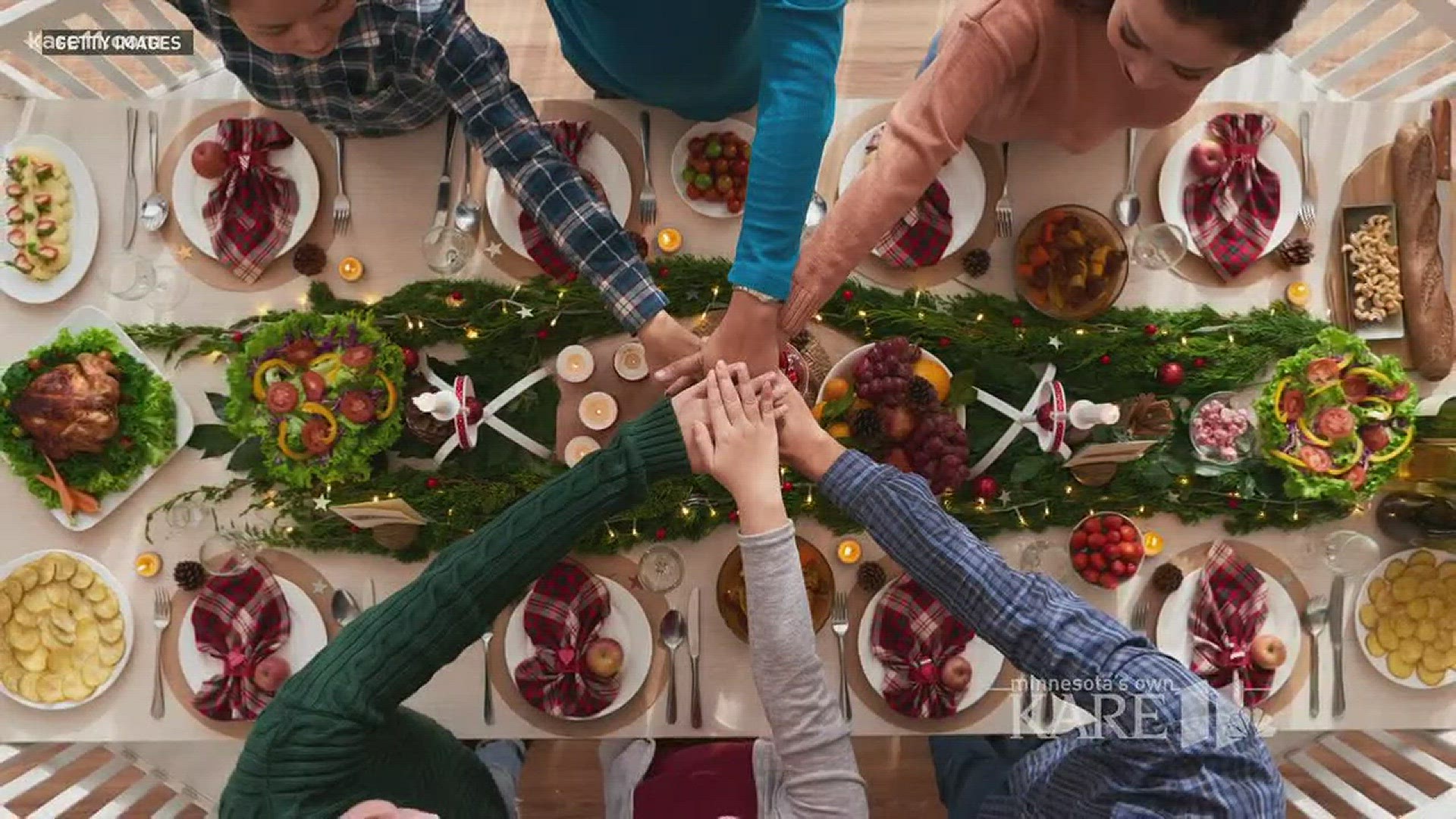MINNEAPOLIS – As if our polarized political environment wasn’t challenging enough to navigate, now families can add the holidays to the mix.
And there’s no question the combination of holiday stress, focused family time and passionate perspectives can prove volatile to even the most respectful group gathering.
“We’re experiencing a level of polarization probably not seen since the 1850s. This is what historians are saying,” said Dr. Bill Doherty, a professor in the Department of Family Social Science at the University of Minnesota.
Doherty – who also runs the Citizen Professional Center at the U of M – notes he’s spent time this last year cultivating conversations between people who identify as conservative and those who identify as liberal. He says the first rule in navigating the holiday political minefield, is to avoid political conversations during the most festive – and group-oriented – moments.
“The level of stress and anxiety about political differences is so high now, that I suggest that Christmas dinner is not the time for it. It’s a special occasion, you have a lot of people around and, in fact, I think in general, groups are not the best place to have these conversations about political differences,” Doherty said.
If relatives want to broach the political conversation in a smaller forum, Doherty suggests they follow a few simple guidelines: staying calm, looking for common ground, remaining humble and, above all, listening to the other person.
“To actually listen to what the other person is saying without preparing your counter response. To actually listen, and see if there is something in there you can agree with or at least acknowledge that you heard,” he said.
Doherty also suggests relatives avoid “trigger” words that could result in an undesirable and awkward conversation. For example, Doherty notes some words have become “colorized” red or blue, including: diversity, social justice, inclusiveness, patriotism, the flag, love of country and family values – along with references to various media. He adds that it’s clear the words alone are not offensive, but can offend someone when referenced during a political debate.
He also notes that both sides should try to avoid common mistakes: liberals should resist labeling conservatives as “racist” or “sexist,” given their policy positions; and conservatives should avoid making “proclamations” that can abruptly end a debate.
As for whether a person should avoid a family gathering for fear of a political showdown, Doherty suggests remembering to prioritize family while always looking for those common values.
“I really encourage people not to boycott important family gatherings because of political differences. Family is more important than who’s in office. What that is allowing is allowing political leaders to hurt our families,” he said, adding, “There’s a sense in which our common core values can get lost when we polarize around policy and politicians.”

